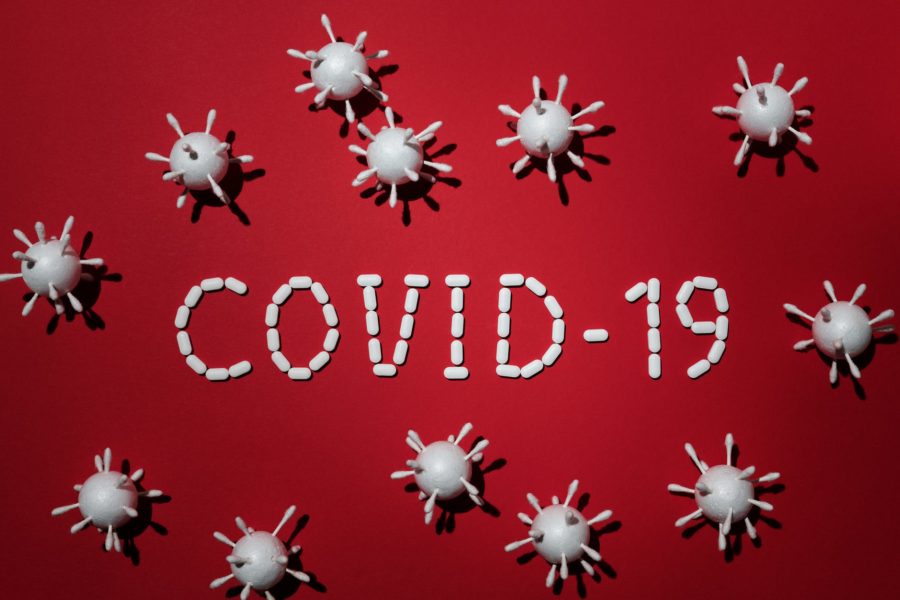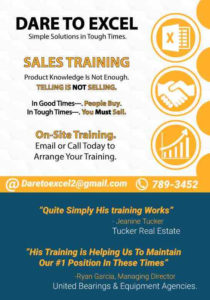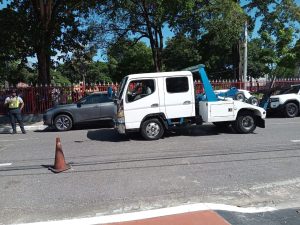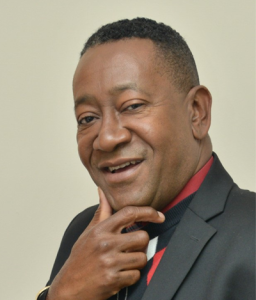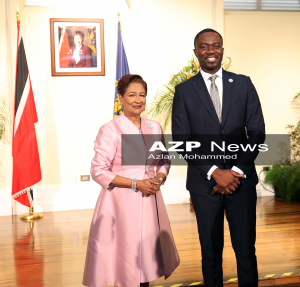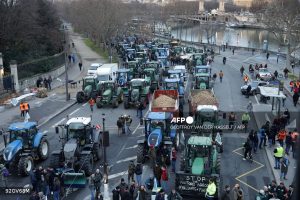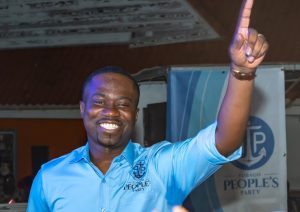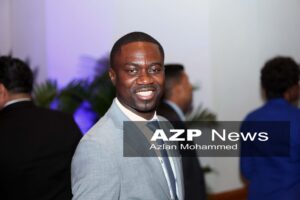ALTHOUGH the Covid-19 pandemic has disrupted lives at a magnitude not predicted, it is teaching the human population how to become more resilient.
This is according to Nirad Tewarie, Chief Executive Officer of AMCHAM T&T.

The business chamber recently hosted a webinar “Building Resilience – Bouncing Back from the Crisis” with human performance expert Dr Todd Conklin.
The webinar was one several events leading up to AMCHAM’s annual (Virtual) Health, Safety, Security and Environment Conference and Exhibition which is scheduled for October 19 to 23.
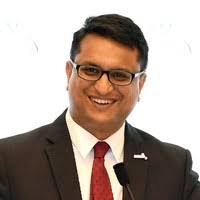
Tewarie said, “We believe it is important today for every citizen, and every business and every nation to build resilience if they hope to successfully bounce back from this crisis. It may mean adjusting to a different reality and trying things differently.”
Conklin, who is the Senior Advisor at Los Alamos National Laboratory, has spent the past 15 years teaching global industry leaders how to think of “safety differently” through the Human & Organisational Performance (HOP) philosophy.
He said companies needed to address resilience in their current systems to bounce back from the crisis since the future had always been uncertain and cannot be controlled.
“To do that we have to redefine the way we think about safety. We know safety is not the absence of failure, safety is not the absence of uncertainty, safety is not the absence of accidents, but safety for us is the presence of capacity and resilience,” Conklin said.
Conklin says workers will adapt to a crisis by first securing their personal safety before addressing the needs of the company. “Once that surety of life is met then workers will think about the surety of the company.”
He described the current crisis as a “VUCA” (volatility, uncertainty, complexity and ambiguity) environment. In this unfamiliar environment, companies are making very important operational decisions quickly to ongoing changes that are unpredictable and out of their control with very small amounts of operational information and intelligence.
Conklin said, “This environment is dynamic and incredibly connected. There are many interdependencies but no one part of the system is really more important than any other part of the system.”
![]()


